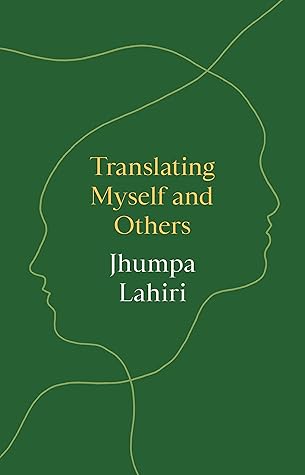More on this book
Community
Kindle Notes & Highlights
Translation has transformed my relationship to writing. It shows me how to work with new words, how to experiment with new styles and forms, how to take greater risks, how to structure and layer my sentences in different ways.
Writing in another language reactivates the grief of being between two worlds, of being on the outside. Of feeling alone and excluded.
This was the response I was looking for, ever since I’d started writing in Italian, and felt the need to justify my choice. Romano’s succinct statement presents itself like a formula, a theorem. It makes me understand, and appreciate, that the inability to see clearly and fully can illuminate the world in a different way. Despite the distance, it can permit me to strike at the heart of things.
Why Italian? I’d sum it up this way: to open doors, to see differently, to graft myself onto another.
In spite of this airtight structure, the effect is exactly the opposite. A volcanic energy erupts, circulates, spills over in these pages. The novel reckons with messy, uncontrollable urges that threaten to break apart what we hold sacred. It is, in fact, about what happens when structures—social, familial, ideological, mental, physical—fall apart. It asks why we go out of our way to create structures if only to resent them, to evade them, to dismantle them in the end. It is about our collective, primordial need for order, and about our horror, just as primordial, of closed spaces.
In opening her box, Pandora lets the evils of the world circulate. Only hope remains inside, still contained.
Writing is a way to salvage life, to give it form and meaning. It exposes what we have hidden, unearths what we have neglected, misremembered, denied. It is a method of capturing, of pinning down, but it is also a form of truth, of liberation.
Translation must continuously adapt to the needs of the present. It cannot divorce itself from the moment at hand, for its goal is to reach readers, to gain a contemporary audience. That is why even the greatest works of translation are always replaced by others. Translations are dispensable, but the truth is that they are also indispensable. The ongoing, updated echo of translation is critical to sustaining great works of literature, to celebrating and spreading their significance across space and time.
Even within a single language, one word can so very often substitute another. As I said earlier, it is the writer’s job, and subsequently the translator’s, to choose among them. While the writer typically has one go, translation extends this game and complicates it significantly. Given that there are so often multiple terms to say the same thing, we are all playing the substitution game in the way we think, speak, write, and otherwise express ourselves. The dictionary reminds us that there are more synonyms than antonyms. Not all words have an opposite, but the vast majority have stand-ins to
...more


